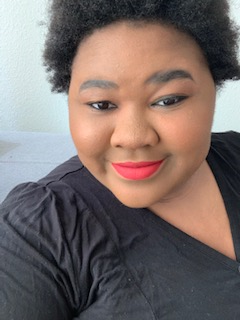Middle Passage Virtual Reality Experience Team
Dr. Yovanna Pineda is P.I. of the Virtual Reality Middle Passage Experience. She is an associate professor in the UCF Department of History, specializing in Argentine, South American, and economic history. Her research is on the history of technology, capitalism, and the industrialization processes, and its meanings to the people who experienced it during the nineteenth and twentieth centuries. Her work is interdisciplinary, using ethnographic, archival, collective memory, oral histories, and material culture to derive the meanings of technology. Her contribution to the project is storyboarding and directing this VR experience. The research goal is seeing how VR could increase students’ empathy and emotional learning of tragic events in history.
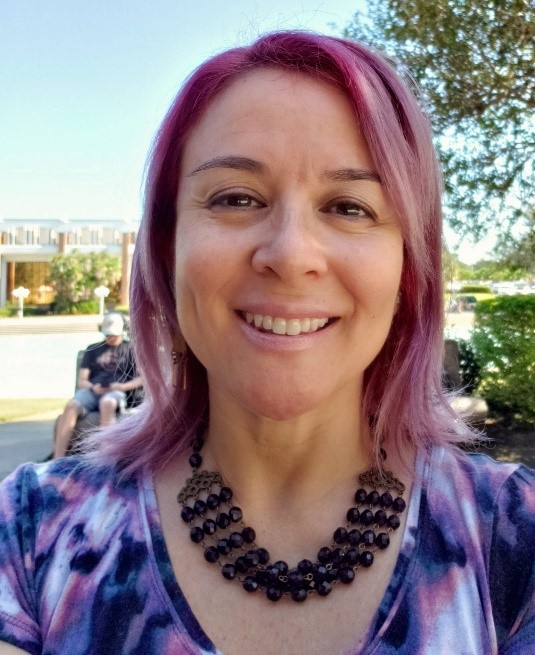
Dr. Fon Gordon is Associate Professor in History and Coordinator of the Africana Studies Program. Her current research agenda examines the intersection of race and American automobility. She is the author of the article, “Early Motoring in Florida: Making Car Culture and Race in the New South, 1903-1943,” Florida Historical Quarterly, 95.4 (Spring 2017): 517-537.
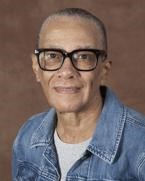
Dr. Emily K. Johnson is an Assistant Professor of Games and Interactive Media. She conducts research on educational technology of all types including VR, AR, PC, and unconventional user interfaces. Much of her work is interdisciplinary and stems from her experience as a K12 teacher and her Ph.D. in Texts and Technology. Her contributions to this project focus on the game’s ability to effectively increase user empathy and knowledge of these regrettable events in our history.
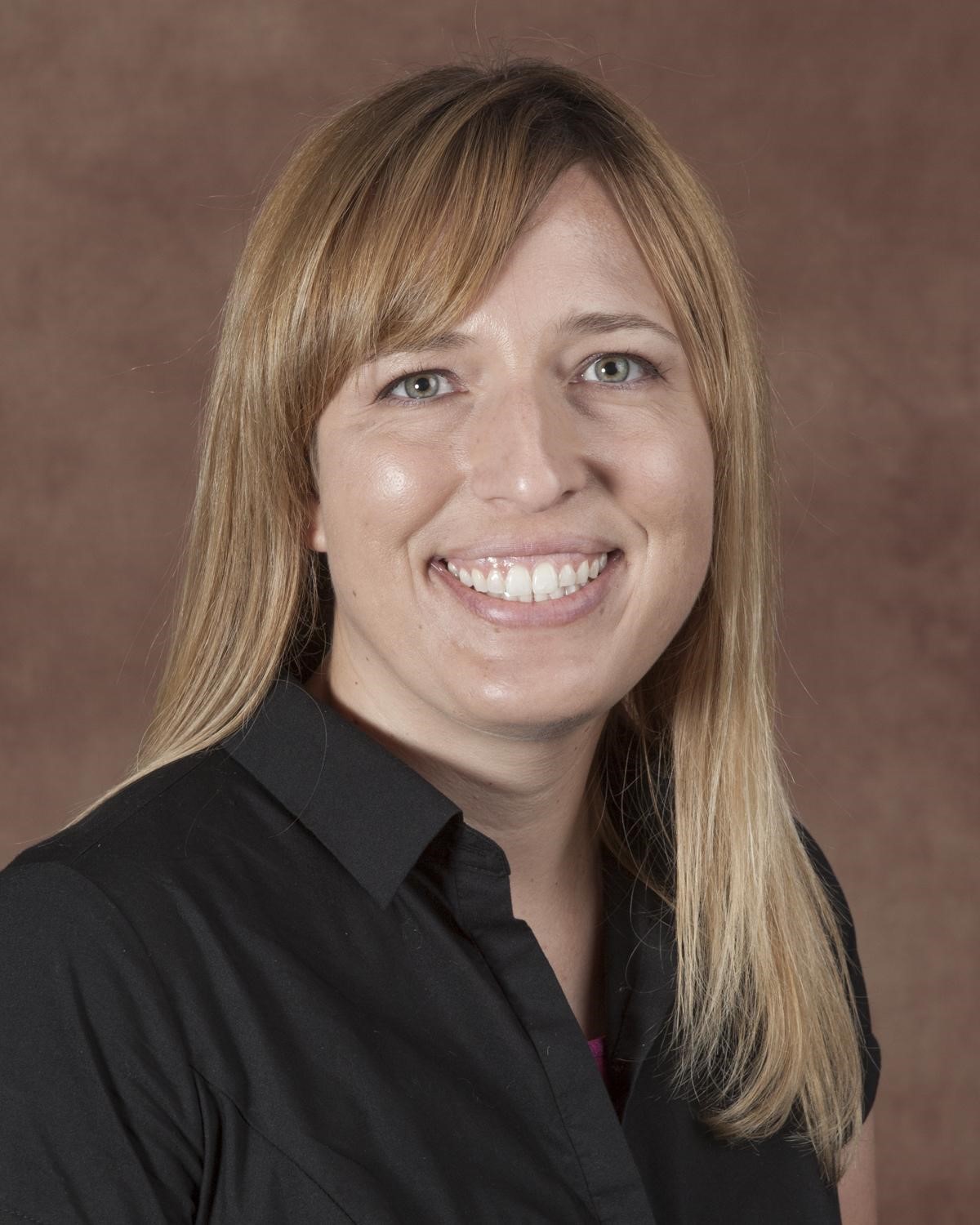
Dr. Amy Larner Giroux is Associate Director of the Center for Humanities and Digital Research at the University of Central Florida (UCF) and a Digital Historian for the National Cemetery Administration, part of the Department of Veterans Affairs. She is a co-PI and technical consultant on the Virtual Reality Middle Passage Experience project. Her research involves the contact zone between humans and technology within the intersections of history and learning. By leveraging technologies such as Augmented Reality and Virtual Reality, she brings learning to both classroom and field.
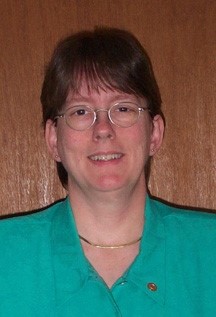
Dr. Ezekiel Walker is an Associate Professor of History at UCF. His area of specialty is commodity production in West Africa during the colonial period. Dr. Walker’s teaching areas include the African history survey course and the historiography of slavery in Africa. His input for the project is to provide a history of the mechanisms of capture and enslavement in both West Africa and West-Central Africa. Additionally, as a native speaker of Yoruba, he is working with the VR Computer Team to record Yoruba expressions that reflect the anguish and trepidation of captured Africans as they boarded the ships to various New World destinations.
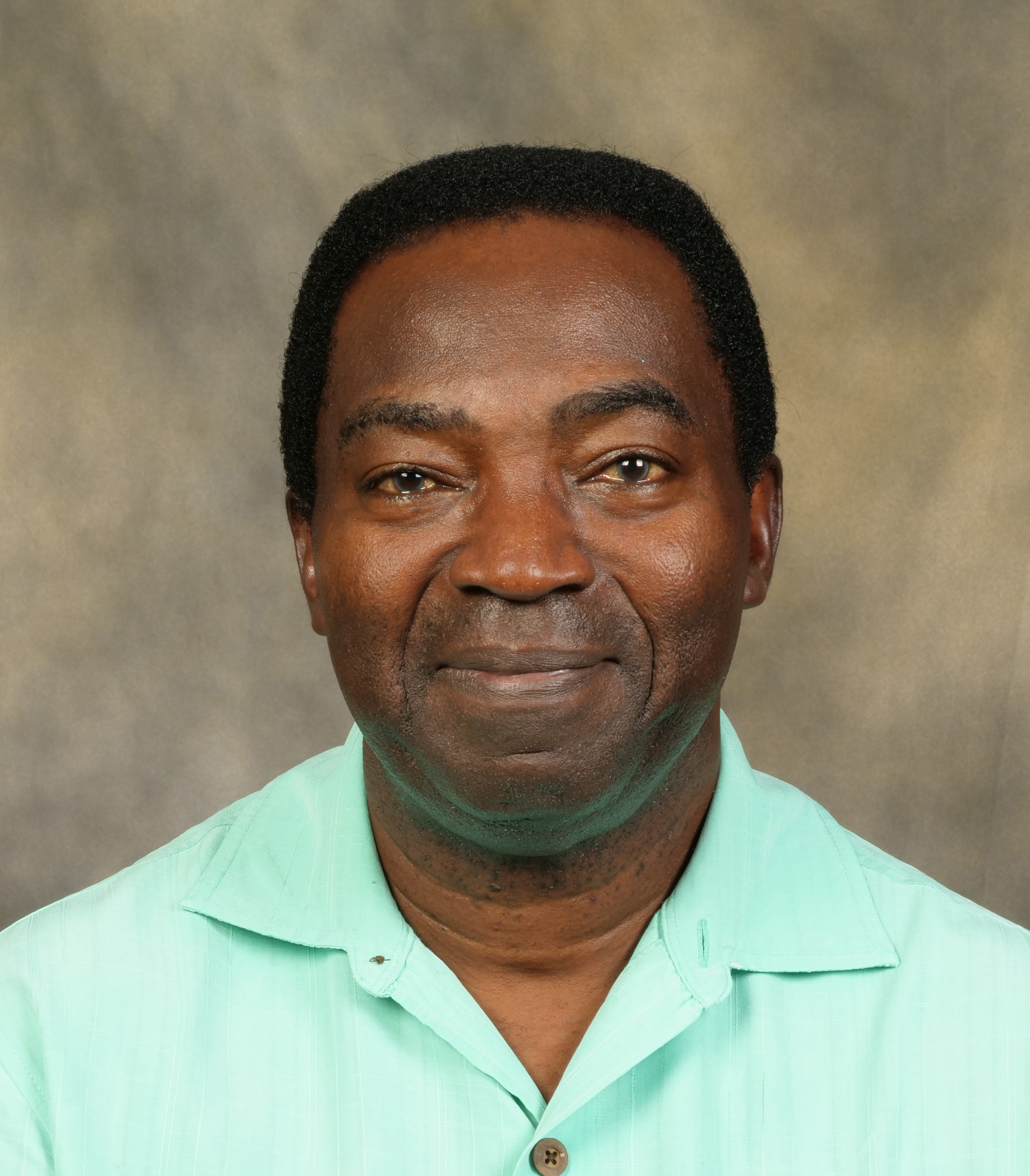
Dr. Marie Léticée is an Associate Professor in Modern Languages and Literatures at UCF. As a participant in the UCF History VR project on the Middle Passage, she will share her expertise on the French “Commerce Triangulaire” or Triangular Trade. It is interesting to notice that on the French side of this traumatic crossing, the emphasis is put on the business side of the equation. The French have no word that translates “The Middle Passage.” The focus is on the triangular movement of “products” from Europe, to Africa and to the Caribbean. In this project, Dr. Léticée will bring some light on the human aspect of this triangular trade to make the experience relatable to our audience.
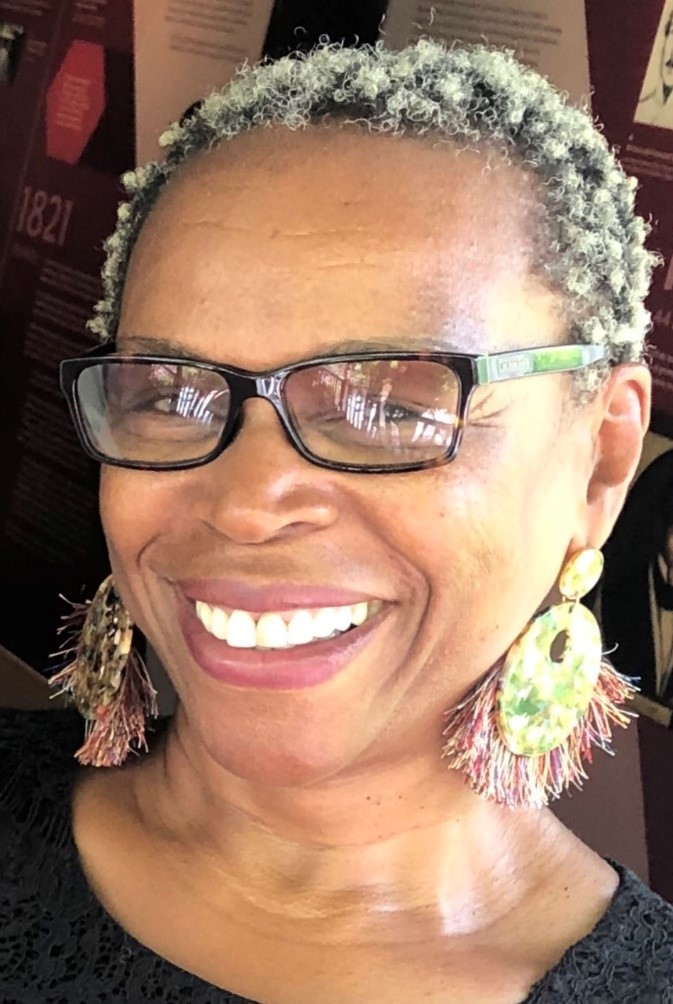
Dr. Rosalind J. Beiler is Associate Professor of History whose areas of research specialization are migration in the early modern Atlantic world and public history. Her current project focuses on the ways religious minorities, as marginalized people, leveraged communication networks to create spaces of toleration and opportunity within imperial relationships of power. As an instructor of early American, Atlantic, and public history, her interest in this project is its value as a pedagogical tool. She is integrating the Middle Passage Experience into her classes so that students can learn about empathy as a skill historians use to analyze the past and to help them think about engaging different audiences with the tragic legacies of our history.
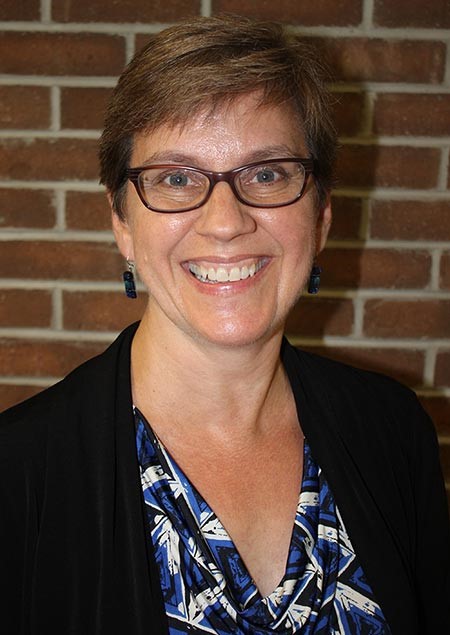
Sharon Rodriguez is a graduate student and research assistant for the Virtual Reality project at the University of Central Florida. Her research interests include American imperialism and religious dissent in the 19th century, during specifically the Mexican-American War, 1846-1848. Her work looks at different social networks and their use of anti-slavery rhetoric as the central argument for dissenting the war. For this project, she is working on audio transcriptions.
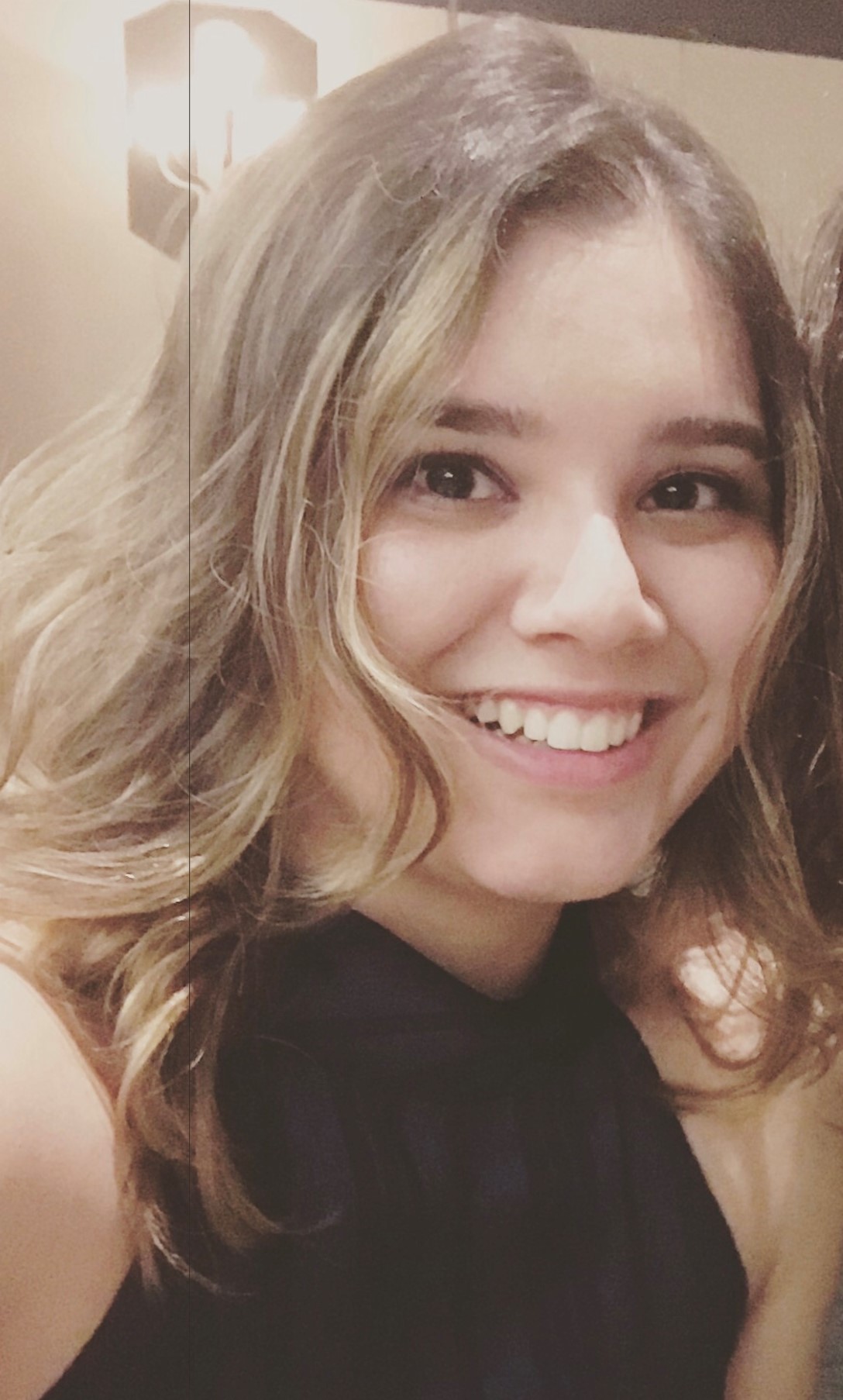
Quintella Greene is a graduate student and research assistant for the Virtual Reality project at the University of Central Florida. Her major research interests involve gender identity in high medieval England focusing on concepts of masculinity and the masculine self. For this project, she is working on building audio and soundbites that will enhance the VR experience. She also looks for research grant and funding opportunities for the project.
